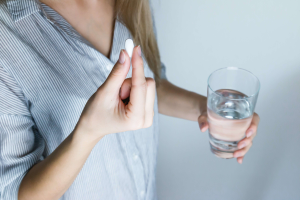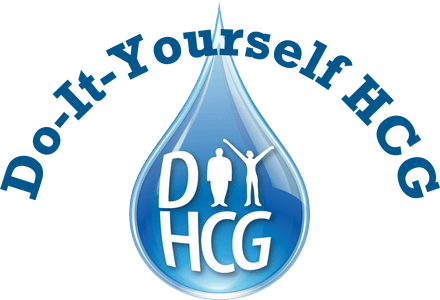Everything You Need to Know About Biotin
 If you're like most people, you have probably never heard of biotin. But believe it -- you definitely want to be taking advantage of this little-known vitamin. Biotin is a water-soluble vitamin that is part of the B complex family. It's responsible for a whole host of important bodily functions, including energy production, nervous system support, and healthy hair and skin.
If you're like most people, you have probably never heard of biotin. But believe it -- you definitely want to be taking advantage of this little-known vitamin. Biotin is a water-soluble vitamin that is part of the B complex family. It's responsible for a whole host of important bodily functions, including energy production, nervous system support, and healthy hair and skin.
What is biotin and what are its benefits?
Biotin is important for many different bodily functions. It helps the body convert food into energy, plays a role in the health of the nervous system, and helps to keep skin and hair healthy. Biotin is also known as vitamin H or B-7. There are a number of potential benefits associated with taking biotin, including:
- Healthier hair and nails: One of the most popular reasons people take biotin is for the sake of their hair and nails. Biotin is known to make both stronger and healthier. It can also help to prevent hair loss and brittle nails. One of the side effects of the HCG Diet that has been occasionally reported is hair loss. Some HCG dieters take Biotin for a few weeks as soon as they finish the low-calorie phase of the diet as a precautionary measure.
- Clearer skin: Biotin can also improve the quality of your skin by making it clearer and more elastic.
- Lower blood sugar levels: Biotin has also been shown to help lower blood sugar levels, which is great for those with diabetes.
- Weight loss: Some studies have shown that biotin can help promote weight loss by breaking down fat cells.
What are some good food sources of biotin?
Biotin is found in a variety of foods. Some good sources include eggs, nuts, legumes, and dark leafy greens. Eggs are particularly rich in biotin, with one large egg providing nearly 30 micrograms of the vitamin. Nuts such as almonds and walnuts are also high in biotin, as well as being a good source of healthy fats and protein. Legumes such as lentils and beans are another excellent source of biotin, and they can be easily added to soups, stews, or salads. Dark leafy greens such as spinach and Swiss chard are also good sources of biotin, as well as other important nutrients like iron and vitamin A. By including these foods in your diet, you can help ensure that you are getting enough biotin to support your body's needs.
What are the side effects of taking too much biotin?
While biotin is considered safe for most people, there is a potential for side effects if too much is taken. Side effects can include skin rashes, digestive upset, and problems with insulin production. It's important to speak with your doctor before taking biotin supplements to make sure they are right for you.
How to supplement with biotin
Most people get enough biotin from their diet. Other people may need to supplement with biotin if they have certain medical conditions or are taking certain medications. Biotin supplements are available in a variety of forms, including capsules, tablets, and powders. Biotin supplements should be taken with a meal or snack. If you are taking other medications, take them at least two hours before or after you take biotin.
Conclusion
Biotin is an important vitamin that plays a role in many different bodily functions. By eating a diet rich in biotin-containing foods or taking a biotin supplement, you can help to ensure that your body is getting enough of this important nutrient.
